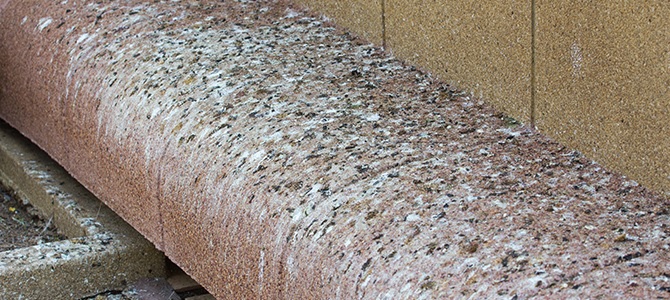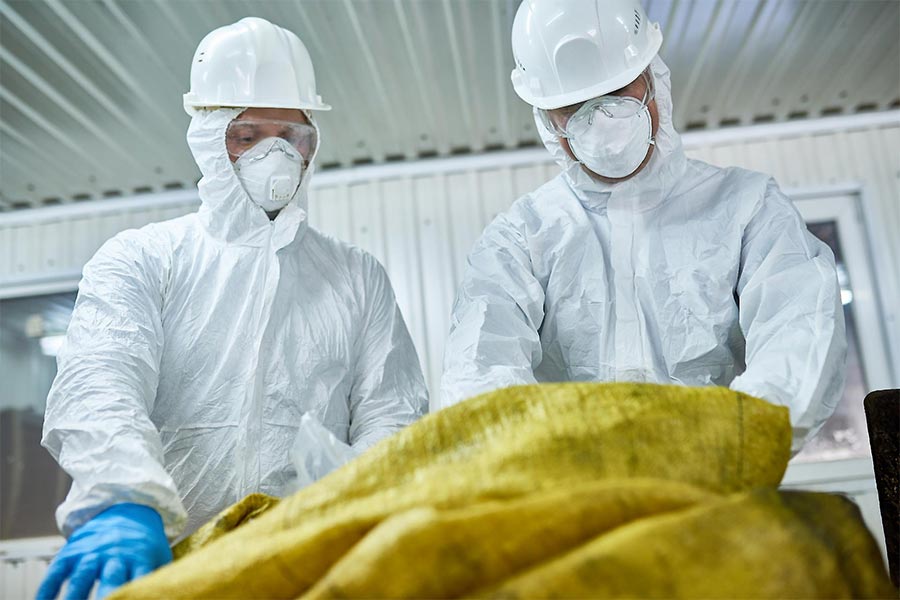If an area of a building or site, where the public or a workforce may come into contact is contaminated, it can be tempting to take matters into your own hands. After all, how difficult can it be? Or in some scenarios, if there is no footfall in the area, it can be tempting to leave the area as it is. Out of sight, out of mind, right? Not quite so.
Decontamination can seem like a straightforward task. There are some who think that maybe a rinse of the area with maybe a pressure washer could do the trick. The issue with a contaminated area, inside or out, is that the longer it is ignored, the worse it gets and the more at risk humans become.
The effects of contamination can be as follows:
- Fouling can cause costly damage to the exterior of commercial buildings
- Aesthetically, a large accumulation of droppings can give the impression of a neglected building. Naturally, this is going to make for a poor impression
- Risk of disease
Why you should avoid DIY decontamination
Taking on your own decontamination can be a costly task. You will need to invest in specialist outerwear, to prevent you from coming into contact with bird droppings.
Areas that are contaminated are generally home to a number of insects including fleas, lice, mites and more. Health should be your top priority in a contaminated area and all of these can lead to issues, if you come into contact with contaminated waste.
On a commercial property, contamination is likely to occur near the top of a building or on the outside. Should an employee sustain an injury whilst carrying out a DIY decontamination, a company can be faced with serious legal implications, as there is likely not the correct insurance in place for a task such as this. Safety is a top priority, when a decontamination is taking place. Not only for that of the person carrying out the operation but also for those near to the area. In the hands of a professional, you have the assurance that everyone will be safe.

There is legislation that changes regularly in the bird control field. Hiring professionals to carry out this work is going to ensure that said legislation is followed.
Contaminated areas carry a number of health issues. Should an individual breath in the dust of a fouled area, this can lead to respiratory problems. When organisms present in birds are passed on to humans, this can lead to developing Ornithosis – something that should be actively avoided.
Other diseases that can possibly be passed on by birds are salmonella and Histoplasmosis (which can be fatal).
There is also a disposal issue. Removing bird waste, feathers and carsasses from a contaminated area does not make it any less dangerous, once it is off or away from a building. Enlisting the service of an expert is the safest way to ensure that any waste is disposed of correctly.
The issue of Bird Control in London and other major cities is one that is constantly being reviewed by councils and industry experts alike. In a situation where contamination is putting human health at risk, it is always the best option to leave decontamination in the hands of professionals.
